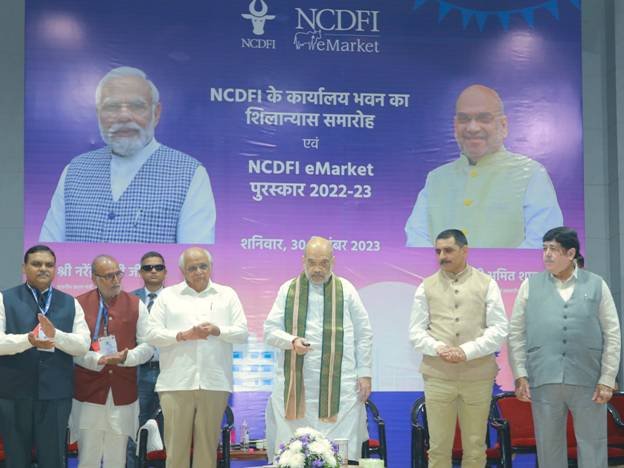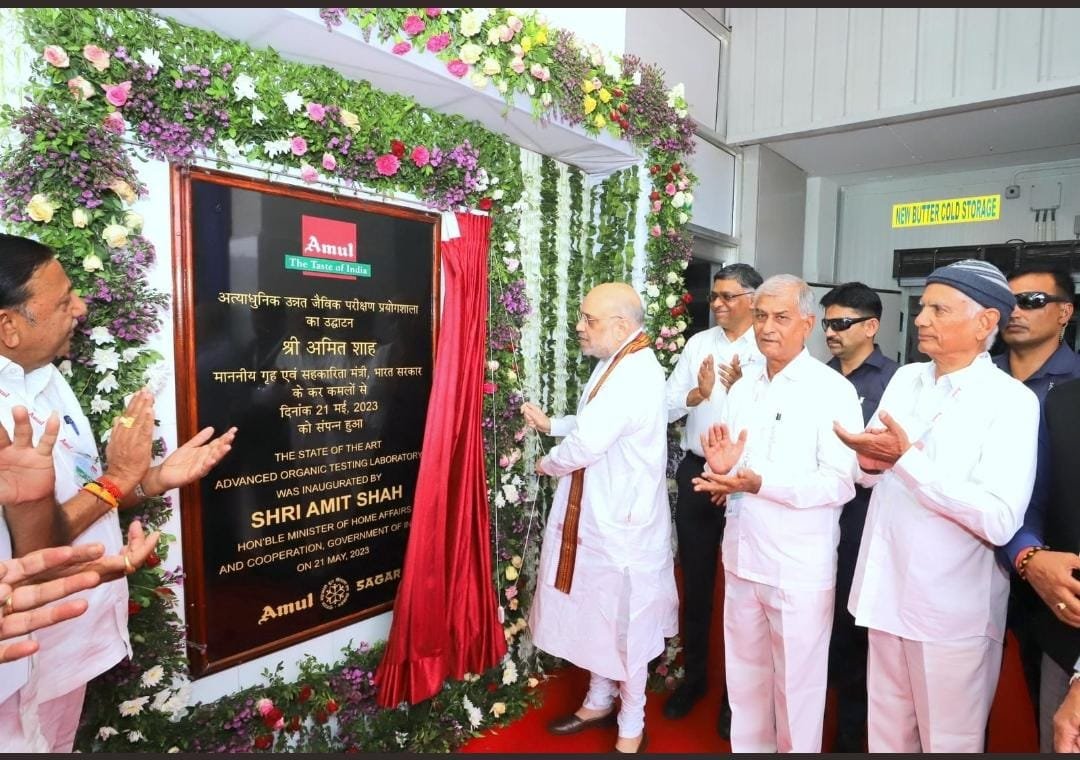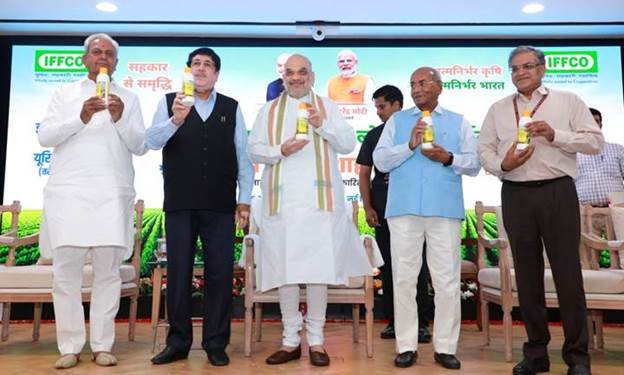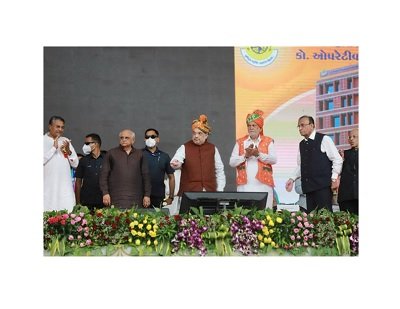NDDB inks MoUs with 26 Milk Unions of 15 States for setting up biogas plants and dairy cooperatives
Union Home Minister and Minister of Cooperation, Amit Shah released Guidelines for Greening of the Dairy Sector and also launched NDDB Sustain Plus Project during the event.
The Department of Animal Husbandry & Dairying (DAHD) under the Ministry of Fisheries, Animal Husbandry and Dairying successfully organized the Workshop on Sustainability in the Dairy Sector and Circularity at Bharat Mandapam, New Delhi on 3rd March 2025. Union Home Minister and Minister of Cooperation, Amit Shah, inaugurated the workshop.
The workshop marked significant milestones in the field of sustainability and circularity with the signing of MoU between NDDB and NABARD to promote sustainable and inclusive growth in the dairy sector by leveraging the technical, financial and implementation support. For setting up Biogas Plants across the country NDDB has signed MoUs with 26 Milk Unions of 15 States. On this occasion, Comprehensive Guidelines aimed at sustainability in the dairy sector was released along with the launch of Financing Initiatives under NDDB’s (National Dairy Development Board) Small Scale Biogas, Large Scale Biogas/Compressed Biogas projects and the NDDB Sustain Plus Project for financing sustainable dairying interventions. These initiatives are expected to accelerate the adoption of circular practices in dairy farming, promoting efficient manure management and energy generation while reducing environmental impact. This national workshop has provided a crucial platform for policymakers, industry leaders, and experts to discuss and develop strategies for enhancing sustainability, reducing carbon emissions, and ensuring financial viability for small and marginal dairy farmers.
In his address, Union Minister Amit Shah said that today when we are moving towards the White Revolution 2.0, the importance of sustainability and circularity takes precedence. He said that apart from what we have achieved so far with the help of first White Revolution, sustainability and circularity in dairy sector are still to be fully accomplished. Shri Amit Shah said that India’s agriculture system is based on small farmers and their migration from villages to cities is associated with their prosperity. He said that dairy is an important option to make small farmers prosperous along with overcoming the problem of rural migration.
Union Home Minister and Minister of Cooperation,











